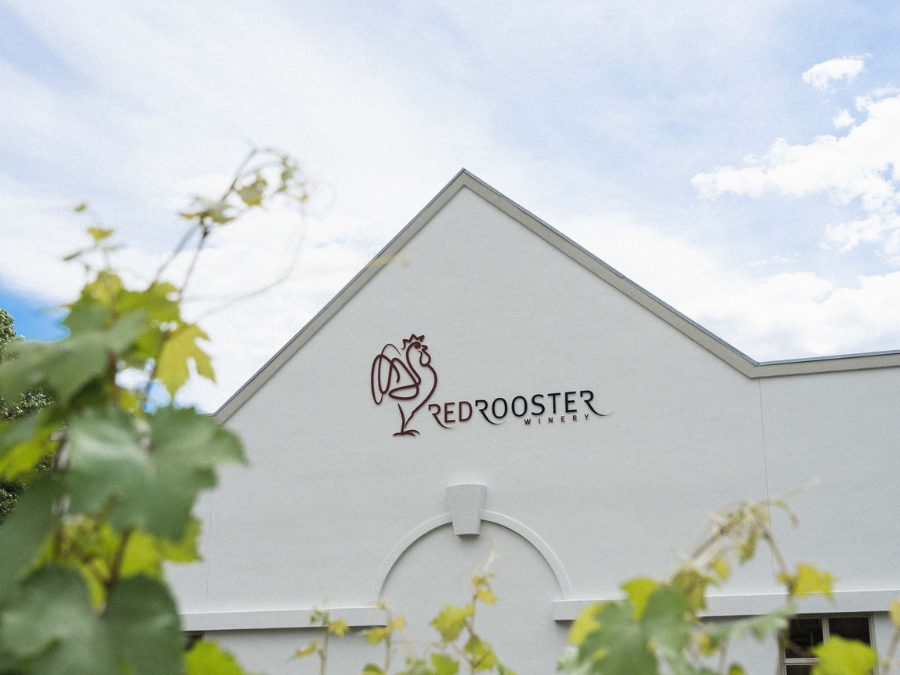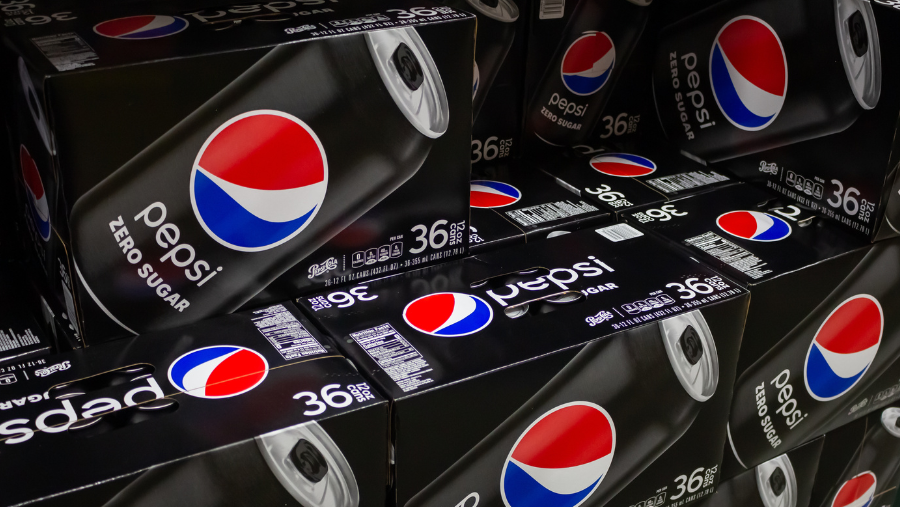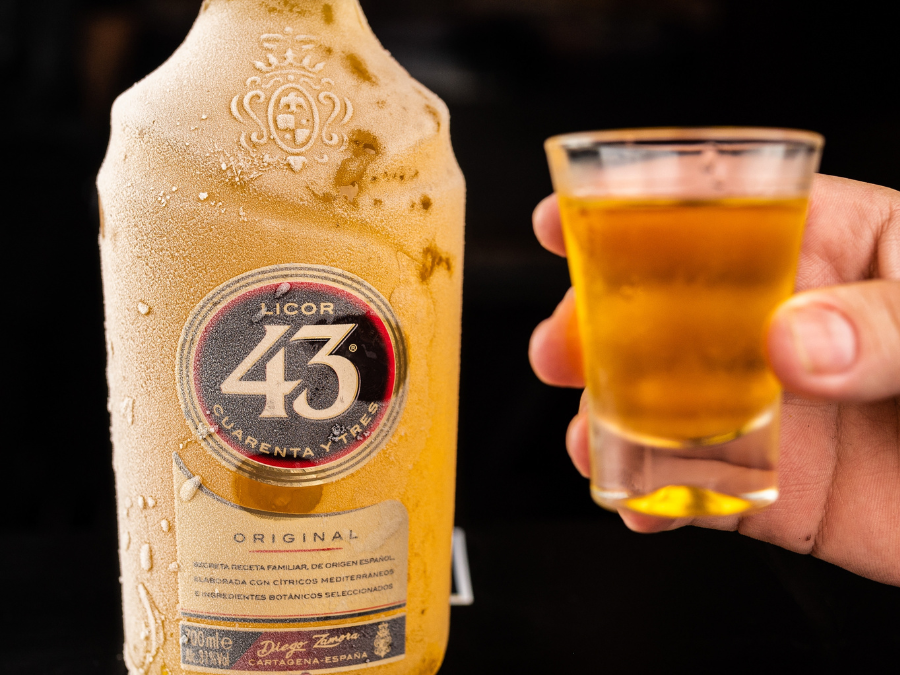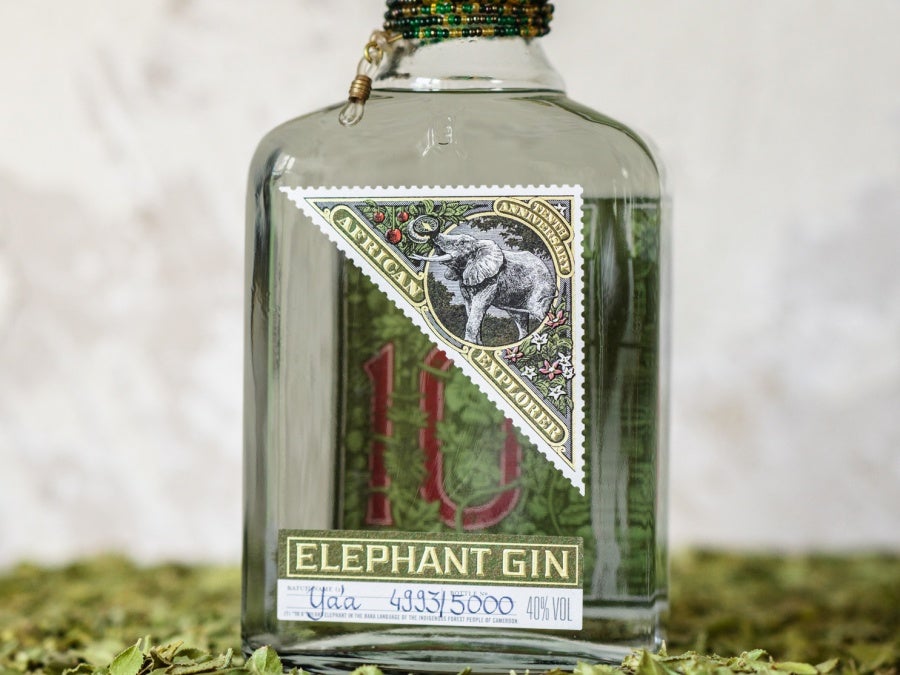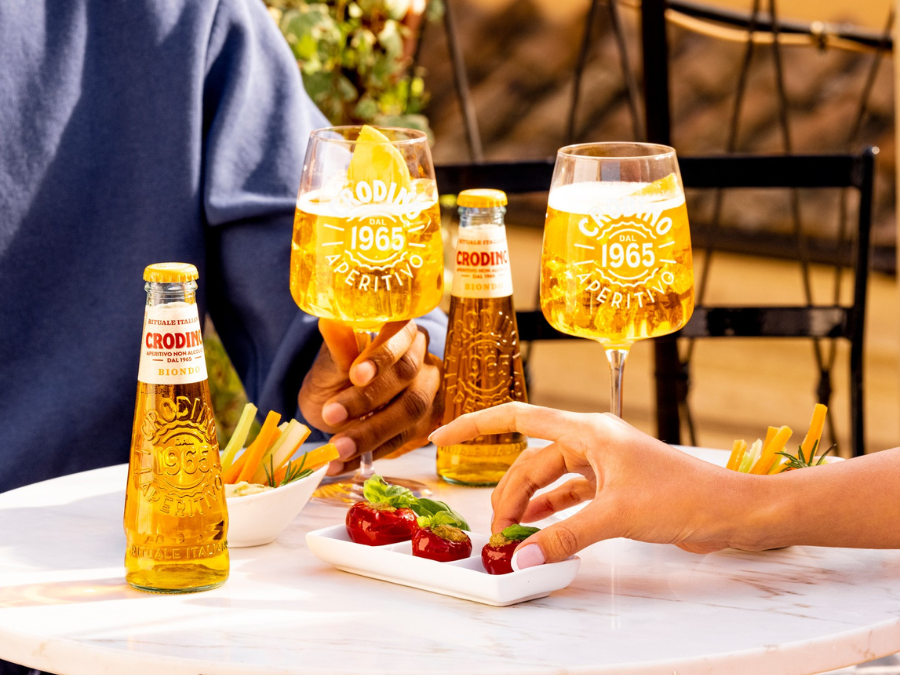Canadian beverage producer Andrew Peller has shuttered its Red Rooster Winery and is moving production elsewhere.
The winery, based in the Okanagan Valley, British Columbia, closed its doors on 8 October citing an “unprecedented winter event” that caused “significant” damage to its vineyards.
Andrew Peller said it will source fruit from the same vineyards for the production of the Red Rooster brand in future but that it will use other facilities in the Okanagan Valley for the winemaking process.
The group has several wineries in the Okanagan region, including its Black Hills, Tinhorn Creek and Gray Monk brands.
Joey Krueger, marketing director at Andrew Peller, told Just Drinks: “While we are closing our doors, this does not signal a shift in our long-term commitment to the brand. This closure allows us to evaluate the most effective use of our facilities moving forward. We are actively exploring new avenues to enhance supply by planting new varieties, securing our place in the industry's evolution.”
Red Rooster was founded by Beat and Prudence Mahrer in 1990 and was acquired by Andrew Peller in 2005.
The vintner said it saw a need to “adapt” its Red Rooster operations in order to ensure it has a “sustainable future” in the region.
“We are focused on making smart and responsible decisions in the short term to ensure the sustainability and success of our operations in the long run,” added Krueger.
In June, CEO John Peller said the Peller Estates brand owner continued to be impacted by the high cost of raw materials in its inventory, admitting it could take up to two years for profit margins to return to more normal levels.
In the 12 months ended 31 March 2023, Andrew Peller recorded sales of C$382.1m ($280.9), up 2.2% organically on the year prior.
Sales in the fourth quarter of fiscal 2023 decreased by 1.4% to C$77.7m. EBITDA landed at negative C$1.2m for the quarter but was up C$38m for the year.
In a bid to offset rising costs, the Trius brand owner embarked on a number of cost-saving initiatives, which CFO Paul Dubkowski said would help it recover margins heading into fiscal 2024.
Dubkowski also revealed Andrew Peller had recorded C$2.8m in “one-time costs related to overhead cost restructuring initiatives completed in the fourth quarter”.
Speaking on the closure of the Red Rooster winery, Krueger added: “While we may be facing challenges, our commitment to producing exceptional wines and contributing to the vibrant fabric of the Okanagan remains steadfast. The closure is a temporary measure aimed at ensuring long-term success.”


